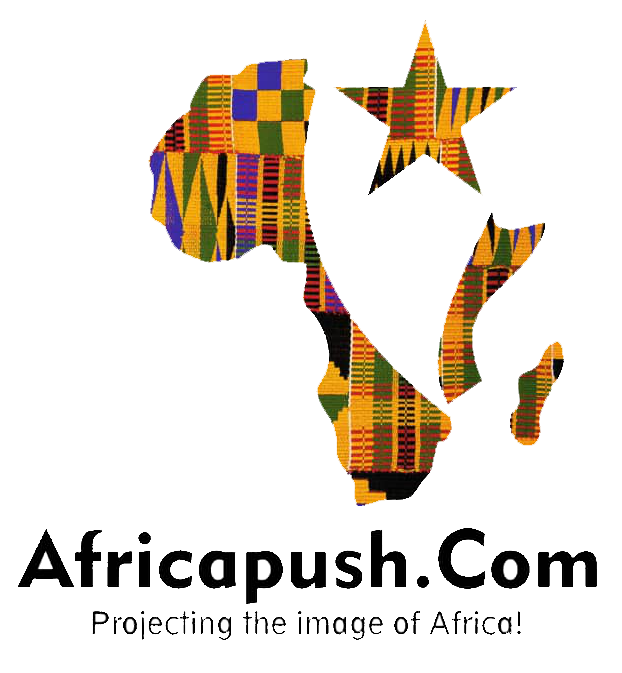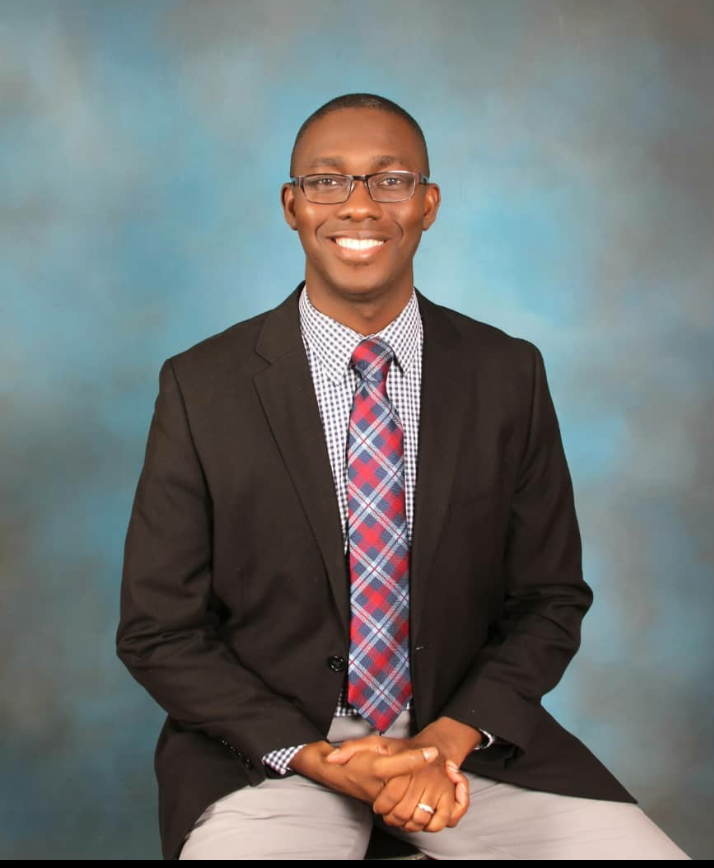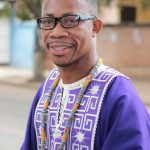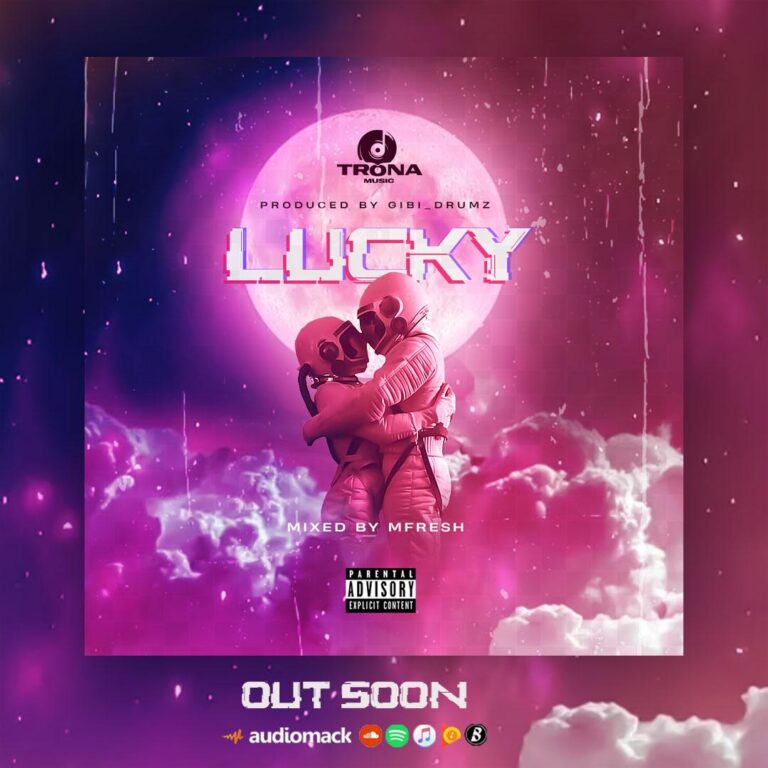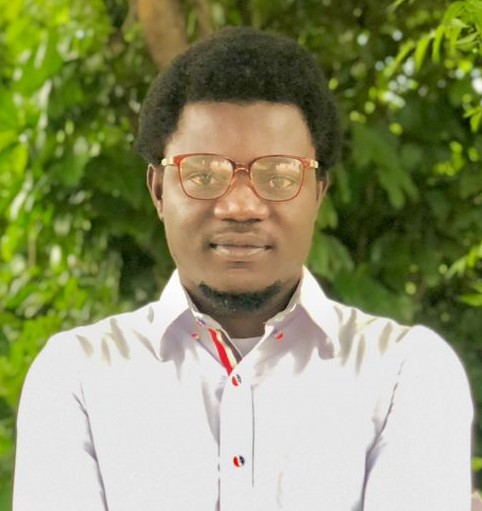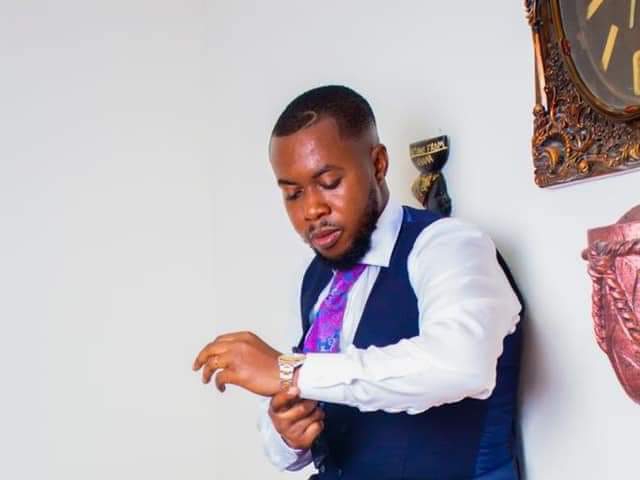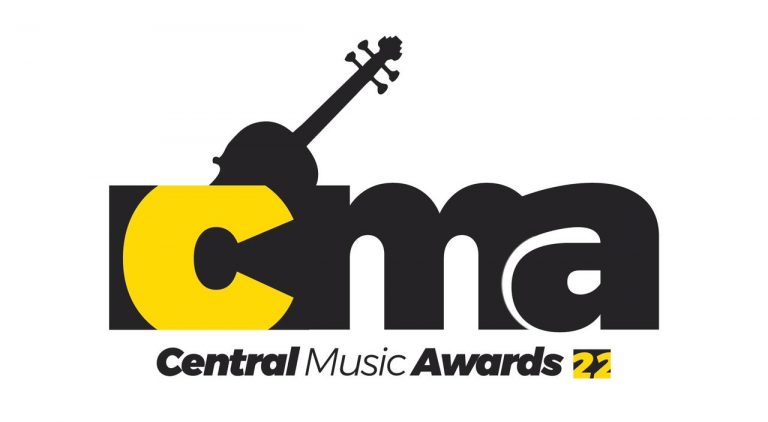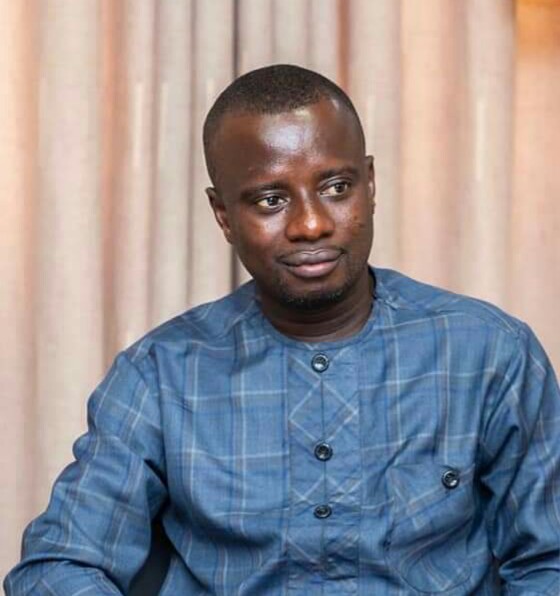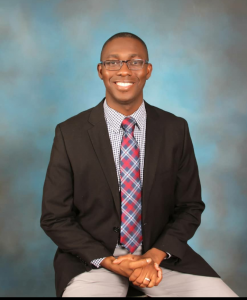
Free the Language of the Ghanaian from the Shackles of Colonization
by
Daniel Dickson Boateng
(PhD(EDL)MA(English and Creative Writing)MA(Literature) BA(English/Music)
Since 1957, the Ghanaian has celebrated, annually, the victory of having gained freedom from the rule of British (Empire)—Ghana became the first of the countries in the South of the Sahara to climb the pedestal of independence. The background of this achievement spelled the end of colonization—that colonization had been nailed to the tree—crucified and obliterated. Unfortunately, even though dead, the ghost of colonization still lingers in many spheres of the life and culture of the Ghanaian as though it were still the British in control. Indeed, they are still in control. In this writing, I contend that the language of the Ghanaian is still in the chains of the slavery of colonization and has been super-imposed by the colonizers language. In effect, I believe that the minds of most Ghanaians today have been plunged under the slavery of colonization; almost every Ghanaian seems to be living under the anesthesia and hypnotism of language colonization.
Over 250 languages are spoken in Ghana. The language of a people makes the fabric of a people. Any language lesson taught is culture learned. Before the coming of the European to the shores of Africa, and for that matter Ghana, the African’s language was pure, virgin and unadulterated. Language spoken was what the people were.
As the snake in the garden, seeking self-gratification and imperialism, the Imperialists coaxed and gave to the African the fruit of her language to eat. However, upon all the ills of colonization, formal education was transmitted through the medium of the language of the imperialists. At least with that, it is kosher to say the African does owe appreciation.
Having taught the Ghanaian to fish, the latter took unto self the responsibility to take control of his own affairs— “the black man is capable of managing his own affairs” (Nkrumah, 1957). Unfortunately, it is important to submit that colonization still lingers in the courts of the Ghanaian. I contend in this writing that the fruit of English Language which was given to the Ghanaian was not meant for anything than to probably help establish education to enlighten him—it was not meant to crumble the Ghanaian’s culture of language—it is unfortunate however, to realize that the latter is what has taken place in the eyes of all. The colonial master is gone but he has captured the culture of language in the pangs of his control.
Elsewhere in the diaspora, it is really a difficulty for other nations to accept that Ghana is a native English-speaking country. In reality, Ghana is not a native English-speaking country even though English is the lingua franca. So, then what is the language of the Ghanaian?
As mentioned earlier in this writing, Ghanaians speak over 250 languages which are languages that propel the culture of the people, and these represent the culture and the people. Unfortunately, I submit in this writing that today the language of the Ghanaian needs to be unshackled from the chains of colonization because no pure native Ghanaian language exists any longer; the shadows and the ghost of colonization has enshrouded the languages spoken in Ghana, chocking it and dragging it to the Golgotha.
The Ghanaian elite plays a major role in making the problem much more aggravated. The languages spoken in Ghana today, be they Twi, Dagomba, Housa, Bono, Fante, etc. are not spoken without being interspersed with English language. Every native language spoken today comes in sentences that have been stuffed with English words. There are no pure words in Twi, Fante, Dagomba, Ewe, etc. Some things don’t even have names anymore in the Ghanaian’s true language or dialect except in English. Why is this so? What is the cause?
The media among others is one institution on which to lay the burden of blame. TV host, radio hosts and presenters, YouTube hosts, journalists’ interviews, reporting of events, news broadcasts on radios and so on make real the atrocity of the colonization of English on the Ghanaian’s language. They speak every language not without English interspersed. Can you imagine over hearing a radio presenter trumpeting to listeners to call in and speak a few words in Fante interspersed with English words. The callers do so and are complimented and given gifts. Was it just for fun? Do we know what it is we teach the younger generation when we do this? Why does the Ghanaian love to speak his or her mother tongue with English words in it? English has now become the background of the Ghanaian’s language. The Ghanaian’s dialects have now become Twinglish, Gaglish, Fanglish, Waalaglish, Dagomglish, Eweglish, Frafraglish and so on. If the Ghanaian really claims freedom from the rule of the British, then it is time to eliminate the British from Ghanaian languages. Until this is done, the disease of language colonization will continue to infect one generation to the other. What language will our children speak in the next 20 years ahead?
The Ghanaian must make a continuous conscious effort to speak his or her language with English language not being part of it—speak pure clean Twi, Dagomba, Nzema, Ewe, Ga, Frafra and so on. Japan, China, and other nations who also learn English can be examples to emulate in this discussion; they speak their language without English interspersed, even though they learn English as a second language. If the elite and intelligentsia of Ghana claim to be free and loyal to Ghana, the motherland, if the people of Ghana really accept and contend that true independence from the rule of the British has been established, then true decolonization of language must take place with a boisterous revolution. It is time to be who we should be and to shape our own identity as Nkrumah (1957) noted, “We are going to demonstrate to the world, to the other nations, hat we are prepared to lay our foundation – our own African personality.”
The Ghanaian today seems to have become proud and fallen in love with anything that is English and exotic. It is even so surprising that people in Ghana now proudly support European doings like soccer, whilst no one cares about soccer played in Ghana any longer. Today, People— adults, both elites and non-elite, old and young, are fans of Chelsea, Manchester United and Real Madrid, but not of Kotoko or Hearts of Oak, etc. The younger generation have taken it up. It is disappointing to realize that even European soccer has also taken over African and Ghanaian soccer.
I walk in the streets of Dansoman in Accra, Ghana; I hear a woman speak to her daughter in English; she meets up with another friend and speaks Twi; meanwhile, I figure that the grammar of her sentences are crucified. If a parent can’t speak her own tongue to her daughter, then Ghana is really plunged deeper in the imperialism of language. Why would Ghanaians today want to speak English to their children instead of their mother tongue? We are not doing well at spoken English, and we are getting worse with speaking our own language.
You can’t believe it; but it is really seriously serious to hear most Ghanaians fumbling and floundering with all the struggles to read Twi, Fante or the other written Ghanaian languages in church. Most Ghanaians today read scripture and other writings in Ghanaian language with great difficulty. Why can’t we be good at handling our own language? And why do we struggle to make someone’s language ours whilst we can’t even tolerate or stand being good at ours? Shall we be jacks of all trades and masters of none?
Some Ghanaians who live in the diaspora are the most disappointing ambassadors of their culture and the villains of colonizing the language of their own land and of their children. It is brutally and gravely disappointing to find a Ghanaian home, comprising two Ghanaians, a man and woman who communicate with each other in Twi; yet the children they have raised cannot speak Twi, or Fante or their own mother tongue. Their children speak English whilst they speak Twi. Sometimes, the most unpardonable thing is to hear a Ghanaian speaking English to a child who knows mom’s English is bad —“Kofi, you did not did the homework?” “She didn’t came.” No one can judge you for the errors you might not even make in your own mother tongue.
Who else can speak the correct vocabulary of your own language to your child but you? What is the fun about making everyone know that you live abroad, and that your children speak English? Oh! How disgraceful it is to have a Ghanaian say “Oh, as for my son, he doesn’t speak Twi?” When of course, you raised the child yourself. How can you bury your own culture and language because you live abroad? It is even too unpardonable to let your children speak English at home in Ghana, turning your back at your own language. Oh! Where is your wisdom?
English cannot be the Ghanaian’s first language because it is not. It is the language of the colonial master, period! Even though language was robbed from our beloved ancestors who were enslaved, what they could not take away from us at home should be protected and preserved.
Should we be told again of how wealthy and rich the African is in the use of his language? The Ghanaian used to “value words for the meanings and nuances. Language was not a mere string of words. It had a suggestive power well beyond the immediate and lexical meaning. Our appreciation of the suggestive magical power of language was reinforced by the games we played with words through riddles, proverbs, transposition of syllables, or through nonsensical but musically arranged words…the language of our evening teach-ins, and the language of our immediate and wider community, and the language of our work in the fields were one.”(Wa Thiongo, 1971). Can you imagine how beautiful and enthusing it could be when the African begins to speak to his children or other Africans around in his own language because others should not get to know what is being said? No wonder, the power of language is what the slave master saw and so decided to separate slaves from the same tribe; it could cause the former’s demise; thus he turned them into a Babel, robbing the enslaved African from language.
Meanwhile, it must not be forgotten that honorable writers like Chinua Achebe, Ngugi Wa’ Thiongo, Ayi Kwei Armah, and others Africanized English in their writings and so we can boast of African literature today. In as much as we soar in the use of the English language, we should not let it destroy what we already have; it should rather be the channel for the transmission of the rich culture of the Ghanaian people; English language should not be used to bulldoze and graze down the grace of our language endowed with rich oral literature.
References
Nkrumah, K (1957). Independence Speech. Accra, Ghana. Retrieved from https://panafricanquotes.wordpress.com/speeches/ind epen dence-speech- kwame-nkrumah-march-6-1957-accra-ghana/
Wa’ Thiongo, Ngugi. (1971). Decolonizing the Mind. Retrieved from http://www.brandeis.edu/diversity/events/diversit ypdfs/Decolonising_the _Mind.pdf
